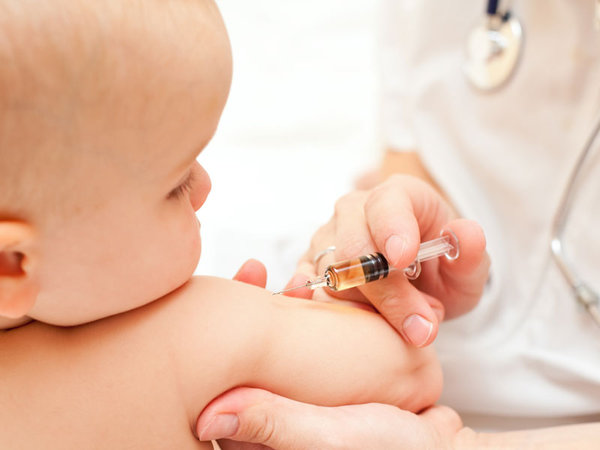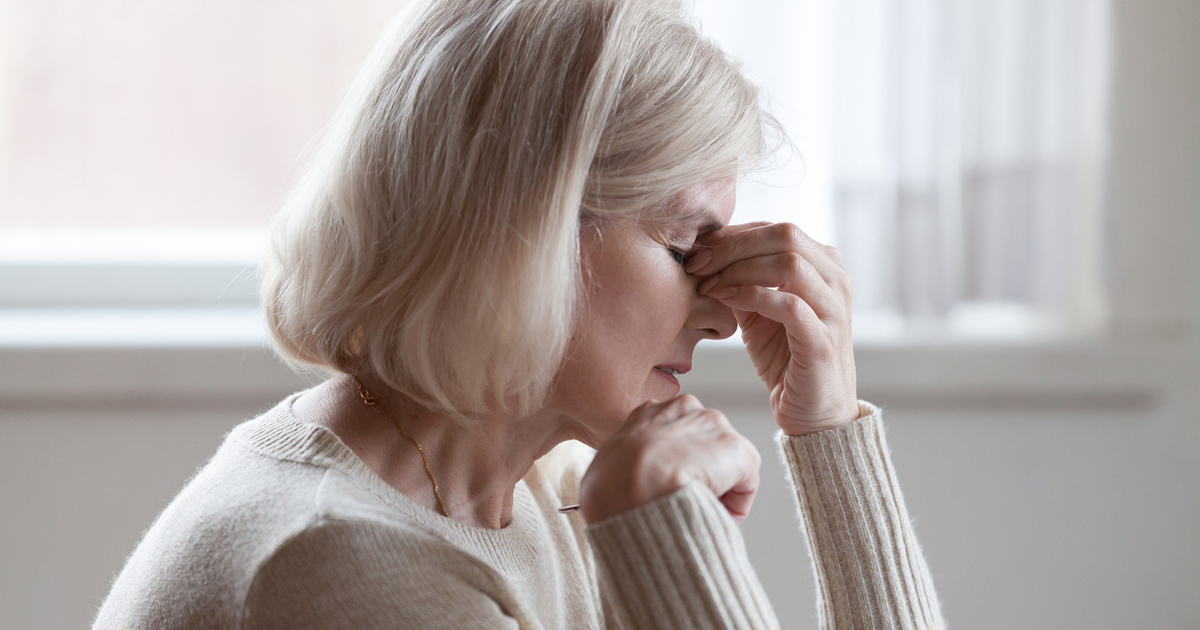“Fighting prejudice, but above all informing”. Such was the mission, this Sunday morning, of Laurie Daniel and Julie Grémillon, local coordinators of La Grande tétée. The event was organized for the first time in Chartres. The about forty people gathered (mothers and some fathers) discussed the different experiences lived in the premises of Wall Street English.
They were able to advise future parents.
“We want to normalize breastfeeding. But there is no will to condemn bottle feeding, everyone does as he wants. We want to remind you of the benefits of breastfeeding, reassure and discuss the different possible situations.
Julie Gremillon (Local Breastfeeding Coordinator)
A first big meal, organized in Chartres, this Sunday 23 October
“Balancing the gesture of breastfeeding is important when some women, in recent years, may have been attacked or received derogatory comments”glisse Sonia Aliane, IBCLC lactation consultant (lactation consultant certified by the international council, in French ed). During the summer of 2021, at Disneyland Paris, a woman was asked to stop breastfeeding her baby.
“It was like that in the restaurants and at the Café too, he explains. I think some have forgotten what “mammal” means. There are many beliefs for previous generations who experienced the women’s liberation movement and the industrialization of infant formula. The fact that women work harder and are more independent has reduced breastfeeding. Since then, we have been in an alcoholic society. “
Inform with scientific evidence
“I am the only one in the department to offer advice on breastfeeding issues. There is still a lot of ignorance among health workers on these issues ”, explains Sonia Aliane. “We come together to network and exchange contacts with competent professionals,” describes Laurie Daniel.
“Breastfeeding and lactation experts can confront the opinions of the National Health Agency, which diverge from those of the World Health Organization (WHO). All the specialists rely on the scientific evidence taken from the WHO », slips a nurse present.
“The solution is to trust each other, in pleasure and in love,” says Julie Grémillon. If you are not stressed, breastfeeding will be better for the baby as well as for the mother. Being informed leads to fewer worries. The lactation consultant adds: “Lack of breastfeeding can cause illness and hospitalization. All of this has a human and financial cost to society. It’s a public health issue, but the bottle lobby is still very powerful. “
WHO recommends exclusive breastfeeding for six months and switching to diversification for up to two years. “Weaning actually ends between two and seven years,” says the lactation consultant.
“The generation of our parents and grandparents was able to hear the speeches of health workers who are returning to us today. Yet these talks have no foundation and are not what a mother needs to hear. A mother needs to feel supported by those around her, ”says Julie Grémillon.The Grande tétée, organized for the first time in Chartres, by Julie Grémillon and Laurie Daniel, was an opportunity for the women present to exchange views. Photo: Th.D.
Postpartum depression
“There is a return to breastfeeding in the so-called upper social classes. In the 1970s it was the other way around! Women who have given breasts convey the image of a penniless woman. The relationship has turned upside down. The benefits of breast milk are proven. The entire population is unaware of it. “
According to the WHO, around the world, 800,000 infant deaths and 20,000 breast cancer deaths among mothers could be prevented by breastfeeding. “Infants fed formula milk have six times as many hospitalizations worldwide,” says Sonia Aliane.
The length of maternity leave also raises doubts. “In France the duration of the leave is two and a half months. In Sweden it is longer. It can last up to three years. It is very difficult to leave the baby at two and a half months. This has consequences for the health of the mother and the baby. Suicide is one of the two leading causes of maternal death along with cardiovascular disease. Separating from the baby increases the risk of postpartum depression, “explains the lactation consultant.” The benefits of breastfeeding are undeniable, but every woman is free to choose, “insists Julie Grémillon.
Thomas Desprez
[email protected]


